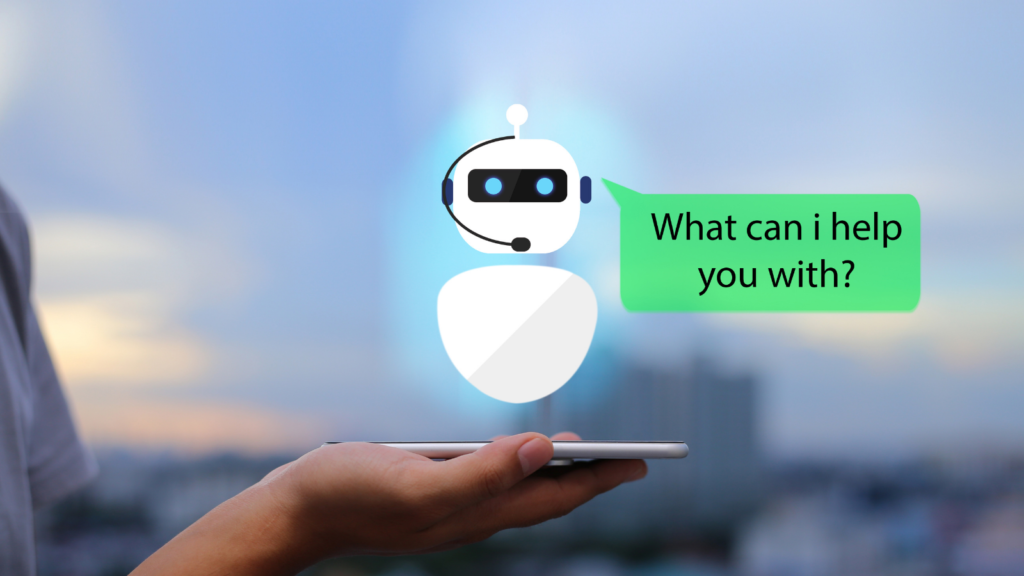While COVID-19 forced an emergency transformation to online learning at universities, learning how to teach efficiently and effectively online using different platforms and tools is a positive addition to education and is here to stay.
To sustain this beneficial evolution and ensure quality education, universities should focus on supporting faculty to embrace and lead the change.
The ethical and strategic use of artificial intelligence at centres of teaching and learning, which support faculty in troubleshooting and innovating their online teaching practices, can help with this task. Centres of teaching and learning are responsible for educational technology support, teaching and learning support, as well as instructional design.
Expansive move to online education
Research conducted at 19 centres of teaching and learning and their equivalents from Canada, the United States, Lebanon, the United Kingdom and France published in August 2020 showed that staff in these centres deployed all available resources to support the rapid switch to online education.
Staff had been working 10- to 14-hour workdays during the first phase of the pandemic to meet the increase in faculty and staff needs. These centres also reported difficulty recruiting and training qualified candidates.
Used strategically, chatbots could take over repetitive low-level guidance tasks that teaching and learning centres field and help avoid overload. A chatbot, also called a conversational or virtual agent, is a software or computer system designed to communicate with humans using natural language processing.
This communication can be via text messages or voice commands.
Why a chatbot?
Chatbots offer a viable, win-win solution to teaching and learning centres and to faculty. They are available 24/7, can respond to thousands of simultaneous requests and provide instant and robust service support when needed.
Using chatbots could free teams for complex inquiries that require human interventions, such as transforming teaching approaches and collaborating to innovate solutions to respond to problems like improving equity and access in online teaching.
Read more: Online learning during COVID-19: 8 ways universities can improve equity and access
A collaboration between the centres’ experts and technology could provide better services and support for faculty to improve the learning experiences they create for students. Chatbots can guide faculty towards appropriate and effective resources and professional development activities, such as how-to articles, tutorials and upcoming workshops. These would be tailored to suit faculties’ individual needs, their varied digital skills levels and backgrounds in designing hybrid learning experiences.
Chatbot systems are already used in educational institutions for teaching and learning, to deliver administrative tasks, to advise students and assist them in research.
How would it work?
Two options are possible when it comes to chatbots’ AI conversational ability:
- Artificial Intelligence Markup Language methodology: Programmers give the AI a library of questions/answers and keyword associations through a database. From there, the chatbot is able to give appropriate answers in a strictly defined frame.
- The Natural Language Processing approach: This allows for more flexibility. Once programmers build an initial dataset, the AI-powered tool will then learn from ongoing exchanges to find the best combination of answers to recurring questions asked by faculty members. The AI will then be able to identify keywords in a sentence and understand the context of a question.
That programmers would need to add data from the conversation to an ongoing dataset building throughout time is expected. When asked a question, the chatbot will respond based on its current knowledge database. If the conversation introduces a concept that it isn’t programmed to understand, the chatbot can state it doesn’t understand the question — or pass the communication to a human operator.
Either way, the chatbot will also learn from this interaction as well as future interactions. Thus, the chatbot will gradually grow in scope and gain relevance.
For chatbots’ reliability and trustworthiness to increase, it should be effective in helping these centres supporting their faculty. Implementing and fine tuning chatbots so they are ready for use is important, even if it requires an investment of time and resources.
Ethical framework for AI in education
The Institute for Ethical AI in Education, based at the University of Buckingham in the United Kingdom, and funded by McGraw Hill, Microsoft Corporation, Nord Anglia Education and Pearson PLC, released The Ethical Framework for AI in Education in 2020. The framework argues AI systems should increase the capacity of organizations and the autonomy of learners while respecting human relationships and ensuring human control.
Chatbots in university settings should be ethical by design, meaning that they should be designed to be sensitive to values like security, safety and accountability and transparency. If used in centres of teaching and learning, users should be protected against all forms of harm or abuse. They also need to feel treated fairly and to always be provided the option to reach a human. Faculty members must know they are exchanging with an AI.
Chatbots can and should be accessible. Tolerating user errors and input variation, being designed for diverse abilities and allowing multilingual texting communication are examples of facilitating accessibility.
Do no harm: privacy
Chatbots should be designed to “do no harm,” as per the UNESCO’s recent recommendations on the ethics of artificial intelligence. When talking about non-maleficence, privacy should be addressed.
AI-powered tools come with data recording issues. Strong barriers in data collection and storage are needed. Following the European approach to data protection, centres should minimize data collection. Only required information should be stored, such as specific parts of conversations, but not the interlocutors’ identity.
The transparency-based approach allows for users to agree on which personal data can be shared or not with the centres. This would help keep trust and usability of the tool high. In case of malfunction, faculty members would provide feedback on the problem, and centres would fix it.
Centres should consider anonymization of users, strong encryption of all data stored, and in-house storage when possible or by a trusted contracted third party following similar data privacy rules.
Addressing bias, environmental impact
The possible bias in the initial database needs to be addressed. Whether it relates to gender, ethnicity, language or other variables, the initial dataset needs to be cleaned and carefully analyzed prior to being used to train the AI, whether AI markup language or NLP methods are deployed. If the latter is applied, ongoing monitoring should be considered.
A green data storage solution needs to be addressed to reduce the CO2 cost of activity on the environment. For example, universities might investigate if water cooling systems could be used in server rooms instead of air conditioning.
The university of the future as anticipated by many scholars and policy makers has already started. Technology, if used ethically and strategically, can support faculty in their mission to prepare their students for the needs of our society and the future of work.
- is an Assistant Professor, Educational Technology, Chair in Educational Leadership in the Innovative Pedagogical Practices in Digital Contexts, Université Laval
- is a Concordia University Research Chair, Maker culture; Associate Professor, Educational Technology, Concordia University
- is a Research Associate and Doctoral Candidate, Technical University of Munich
- is a PhD Student and Research Assistant, Université Laval
- is a Research Assistant, Université Laval
- This article first appeared on The Conversation




